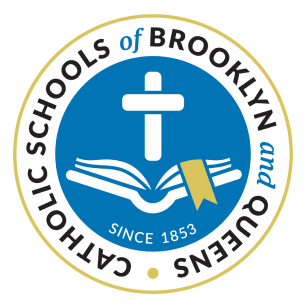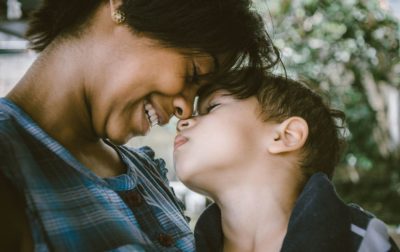
By Cary Anne Fitzgerald, PDHP Parent and Community Coordinator
In more recent years, the brain has fascinated me. As I firmed up my teaching, I reached often to the cognitive processes my students had at their disposal and lined up my lesson plans and my objectives against them, aligning them with their developmental stages and watching them progress. I even had action words listed in my planbook to assure all learning styles were addressed.
In the parenting role, I often reflect on this “edu-speak” & how it may escape the radar of a parent who does not have a background in this field. When we are in our workshops, we break it down together when necessary and I see that recognition come across – a glimmer in an eye, a steady nod, a thoughtful tilt of one’s posture, leaning in and reading as “go on, tell us more”. Yes, us educators have this access. But how can a parent use this knowledge?
We know that science is now telling us that brain development reaches its totality around or beyond age 25. This makes me consider our average teenager who does not have a fully developed sense of reactivity, consequence and ethics. Now, relate this to children younger and younger living digital lives – some react inappropriately, some post things without thinking of how far or how hard its message will go. Knowing what is socially & emotionally typical in your child’s development throughout their lives is a great way to begin. Noting that sometimes, these stages are not pleasant ones, but we can use these to our advantage to moderate this unpleasantness. It often seems we are so aware of this up until age five and then there seems to be a lack of information. It may feel overwhelming to add this in to all we do as parents, maybe its not what we grew up with and it is out of our comfort zone. We may feel shame or guilt because it is something at which we are not adept. What if we were to consider not the shame, but the gain. The gain is a better understanding of our children, a stronger connection and a gift of skill. This is a great time to seek out the professionals in our children’s lives. Consider the teachers we have rapport with, the guidance counselor who attends to these concepts all the time or the pediatrician who is often checking in on these items. Know that regardless of at what stage our children are, we can influence their brains very positively.
For more parenting, follow Cary Anne at https://www.facebook.com/PDHPParents/



